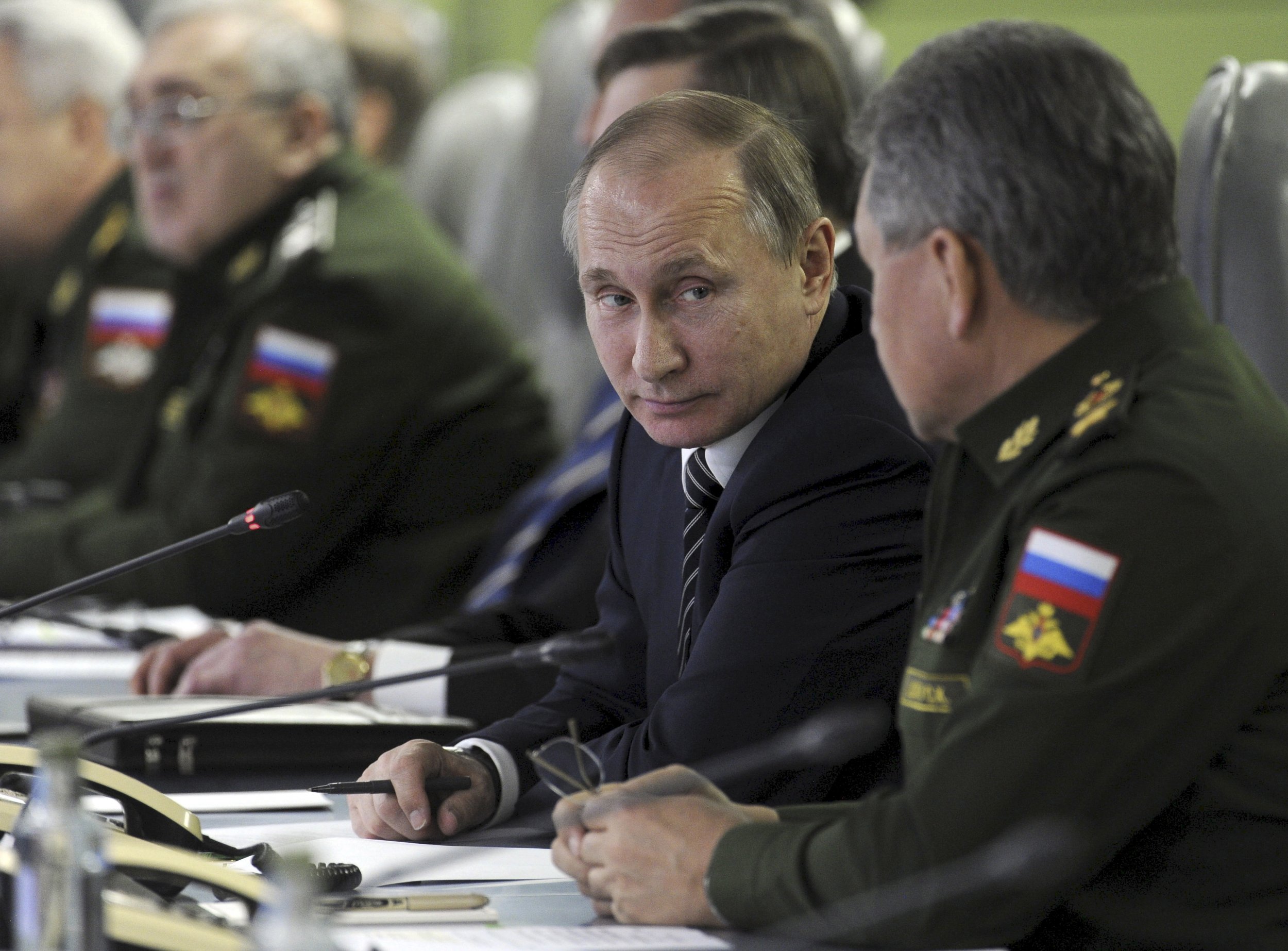
NATO is laying the groundwork in Eastern Europe for a "global strike" against Russia, the deputy head of the Defense Council in Russia's upper house of parliament has declared.
"They have very serious plans on the framework of devising a so-called global strike," lawmaker Franz Klintsevich said. "NATO takes our old Soviet bases in the Baltic, Romania, Poland and deploys people there."
"In fact, it seems they are preparing a place d'armes, for setting up equipment and a platform for the preparation of big plans," Klintsevich told independent news agency Interfax, referring to the military term that denotes a well-armed, strategic fighting position.
He said that Russia's general staff in the military are monitoring NATO's reinforcement and that, at present, "inexpensive, high technological solutions give us a full guarantee that we can defend ourselves." In conventional warfare, Russia's armed forces boast a numerical advantage to NATO troops, with the Ministry of Defense estimating that its westernmost forces number around 400,000.
This is roughly 10 times the size of NATO's force, not stationed in Eastern Europe but intended to defend the region upon rapid deployment. Each country also has its own national armed forces and no NATO troops are stationed in Eastern Europe on a permanent basis.
According to Klintsevich, Russia will make good on its promise to reinforce its Western forces, as NATO looks to announce more assurance measures for eastern allies at a summit next month. He reiterated that Poland and Romania, currently hosting elements of the U.S. anti-missile shield, will be treated as areas dangerous to Russia.
"We will send military equipment, move the army with NATO's activity in mind. Of course, this threatens, more than anyone, these countries where the anti-missile system is. We have not hidden this fact," Klintsevich added.
Russia's Defense and Security council controversially announced in 2015 that the two countries would become "targets" for Russia's strategy in the event of a perceived NATO attack. Last week, Romania's President Klaus Iohannis said that Russia cannot intimidate his country from fulfilling its commitments to European and national security. NATO has maintained reinforcements to its eastern flank are defensive and made as a result of allies' increasing concern over the situation in Ukraine.
Uncommon Knowledge
Newsweek is committed to challenging conventional wisdom and finding connections in the search for common ground.
Newsweek is committed to challenging conventional wisdom and finding connections in the search for common ground.
About the writer
I am a Staff Writer for Newsweek's international desk. I report on current events in Russia, the former Soviet Union ... Read more
To read how Newsweek uses AI as a newsroom tool, Click here.








